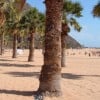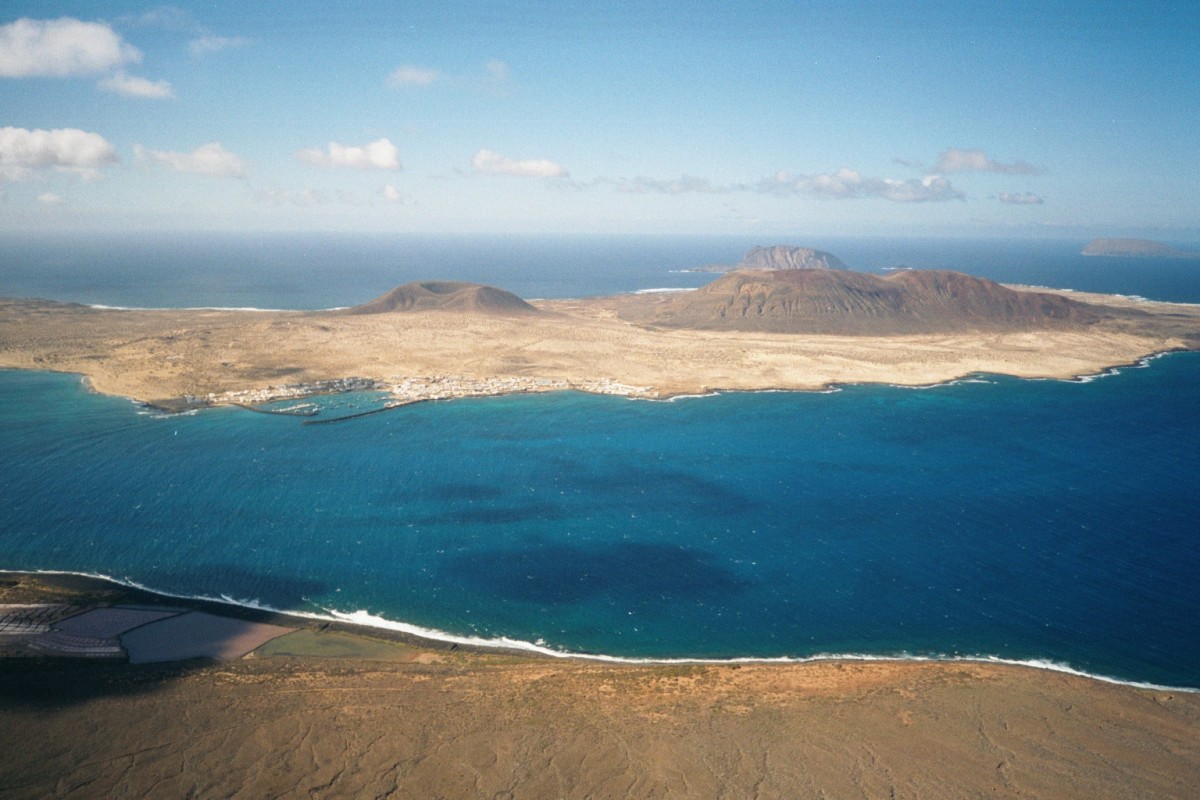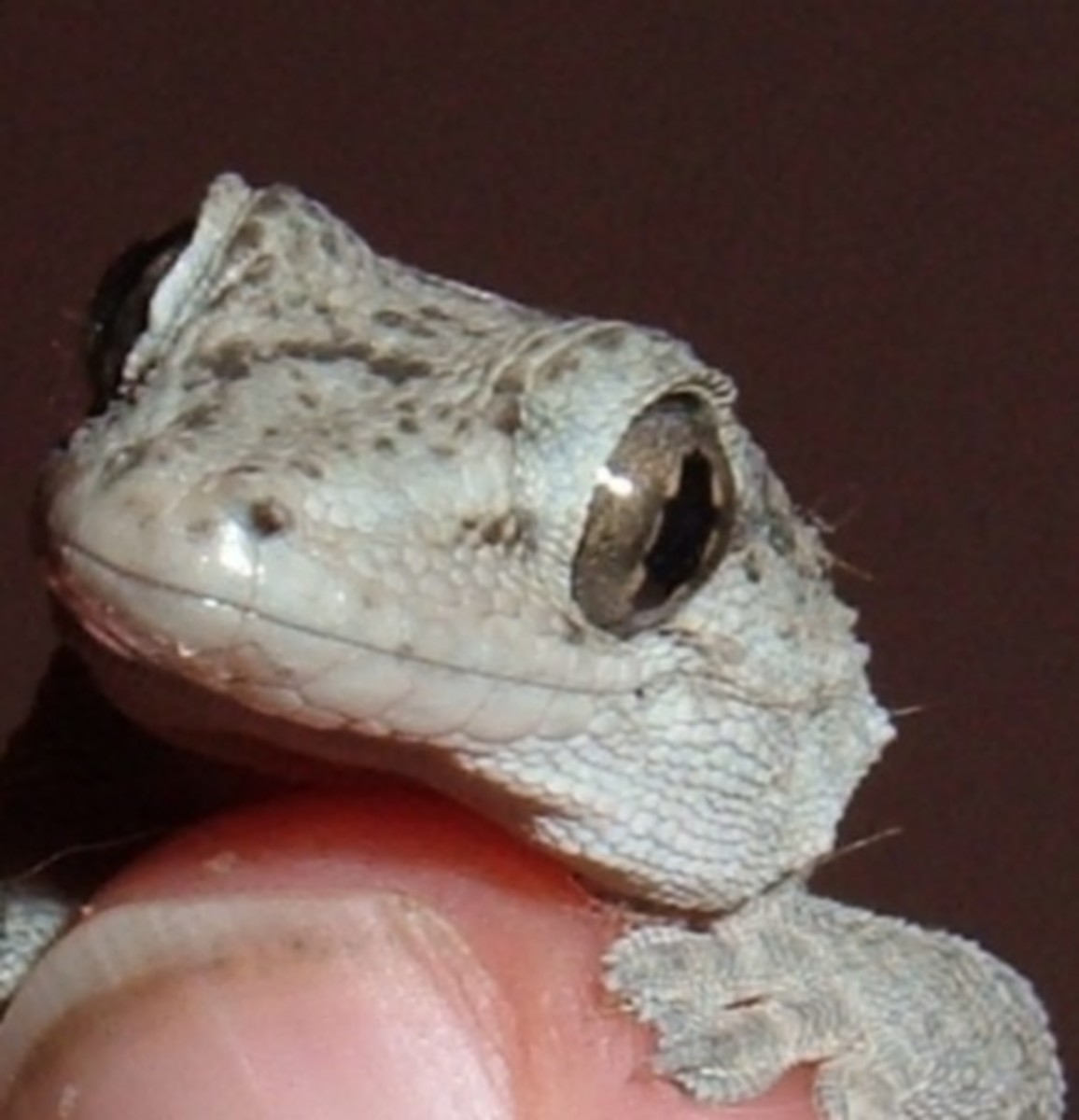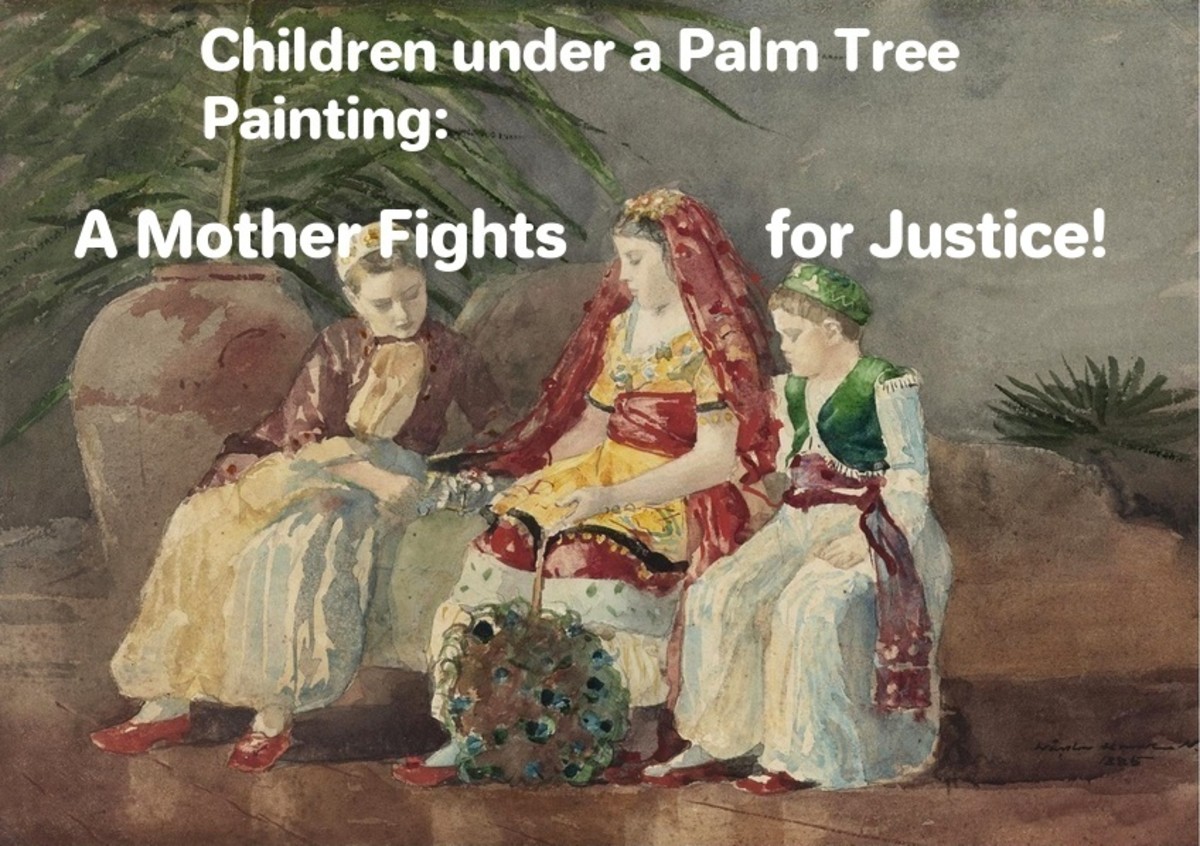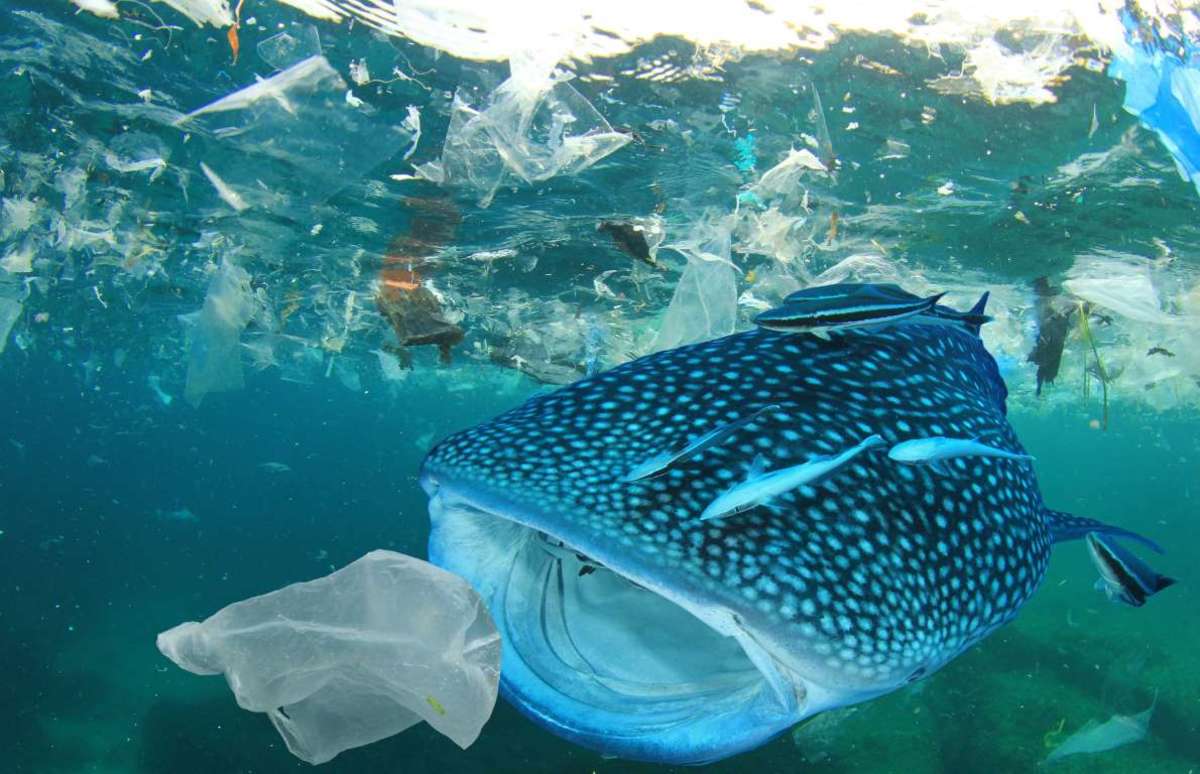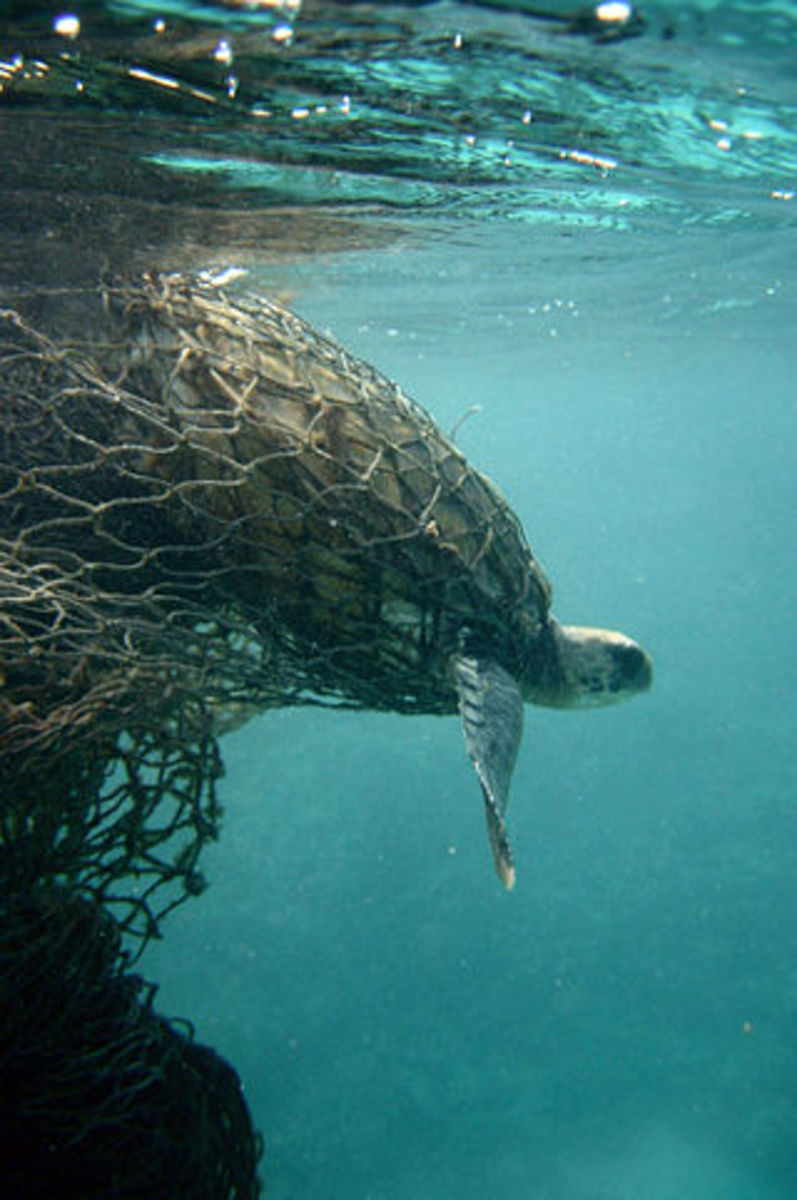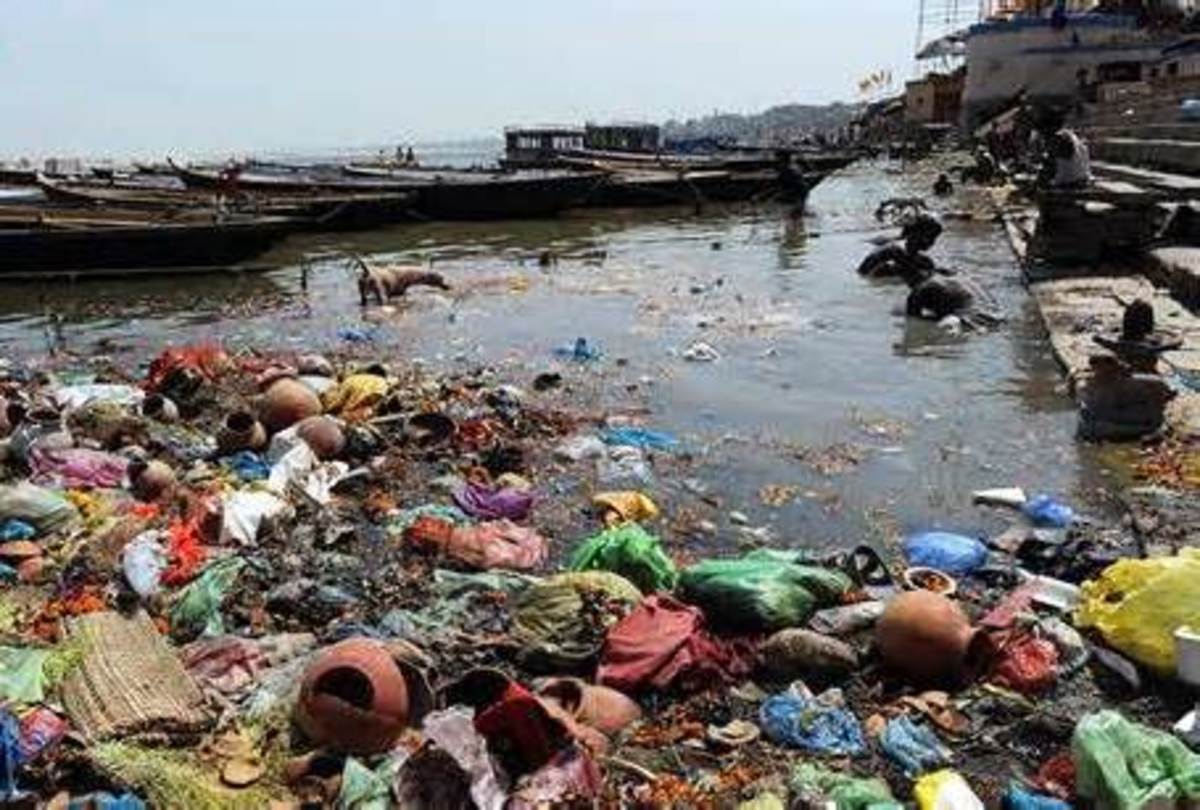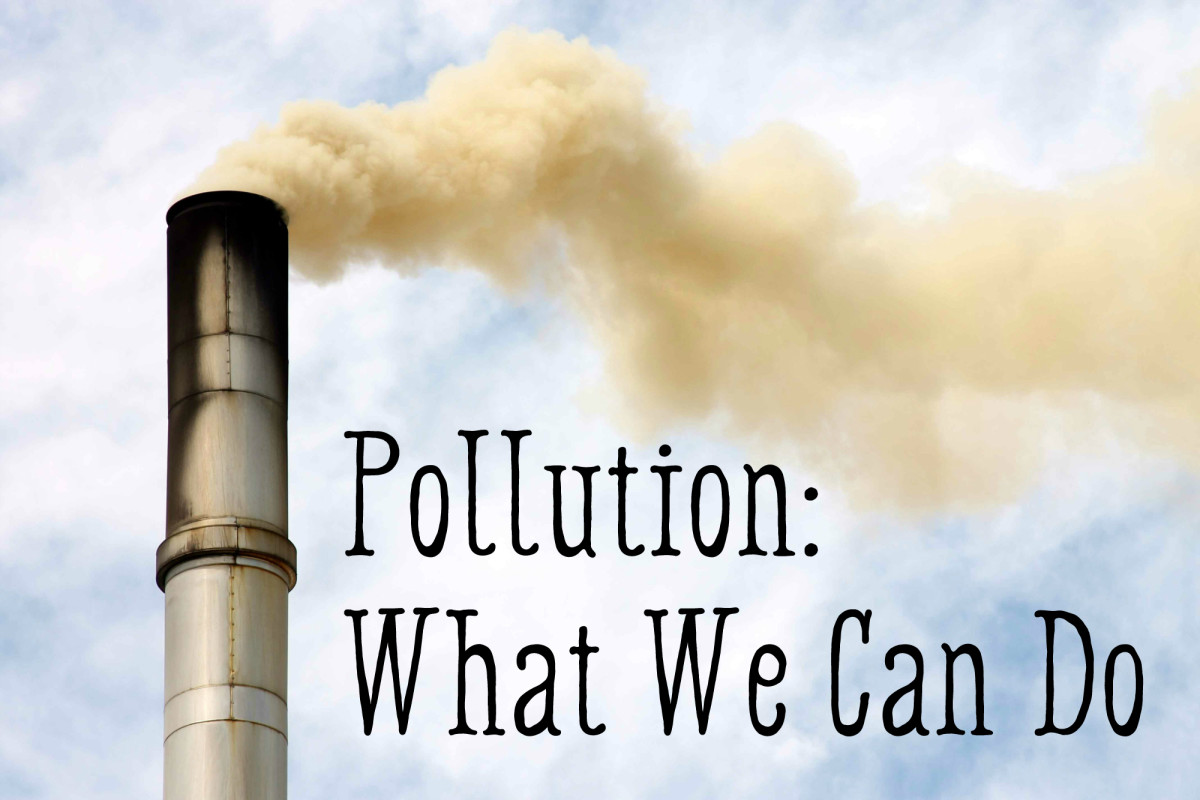David de Rothschild's Plastiki inspires British School Tenerife excursions
The Plastiki
In 2010, adventurer and author David de Rothschild led an epic expedition across the Pacific Ocean on a plastic catamaran made from 12,500 plastic bottles and called The Plastiki. The idea was to raise awareness of the growing problem caused by plastic that is polluting the seas and killing millions of marine wildlife.
This news came to the attention of the science department of British School Tenerife in Los Realejos, and it was decided it would be a good idea for the children to learn all about these matters and to see the pollution caused by the plastic for themselves. A local seaside village known as La Caleta, near the town of Los Silos, has two beaches which have a lot of plastic and other flotsam washed up on them, and so it was planned to make excursions there. With the help of the teachers, the children could not only look for plastic but also do surveys to find out how much is on the beach in a given area, and to discover what types of plastic rubbish is getting washed up.
Beach plastic
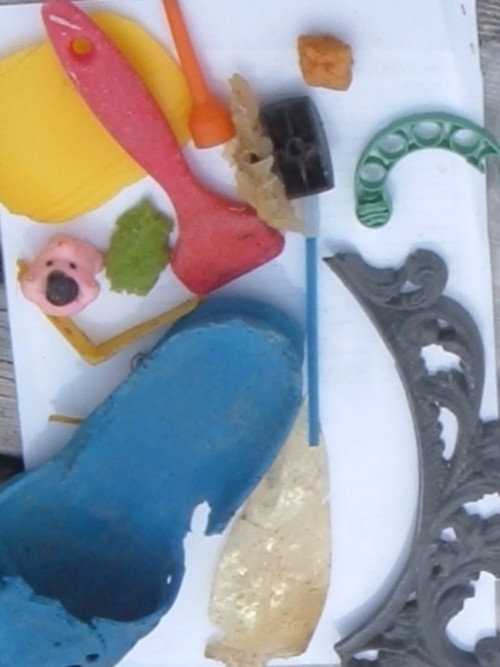
British School Tenerife

Plastic flotsam
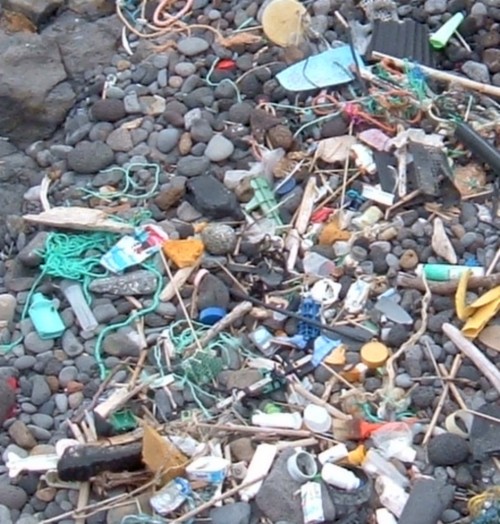
Plastic skull and crossbones
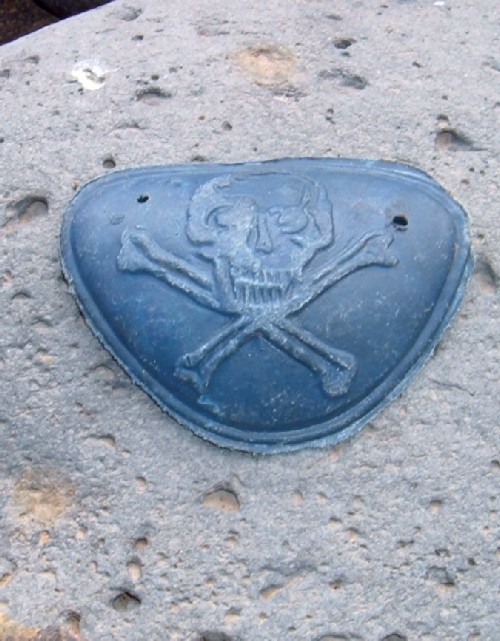
What was found on La Caleta beaches
Three school trips were made by bus to La Caleta on the week beginning 24 October. Under the guidance of Steve Andrews (Tenerife Islander), who had suggested the excursions, and various teachers, including Dinah McAlees, who teaches science, the children learned a lot about the problem of plastic pollution.
Surveys were done using knotted strings to make squares that were laid out at random across the beaches. To randomise where the surveys were being done was accomplished by one child in a pair throwing the string backwards over their shoulders and then laying it out wherever it landed. Four pebbles were used to weigh each corner down.
The children were instructed to note down on their worksheets any plastic items they found. They could draw or write what they had found or do both, just as long as they made a record of the stuff they had found.
All sorts of plastic rubbish was discovered on the beaches, and included plastic bags, plastic bottles, plastic yoghurt containers, plastic balls, plastic combs, plastic fishing line, plastic tubes, plastic candle holders, and even a plastic hard hat a builder would use for protection.
Broken plastic toys were amongst the rubbish littering the beaches and plastic toy pig's head was found, as was a plastic skull and crossbones symbol that had obviously been part of some sort of toy. It seemed very apt because David de Rothschild and the crew of The Plastiki had used pirate imagery to help publicise their expedition. At one point, David and Jo Royle, who had been the skipper for The Plastiki, told pirate jokes on a video.
Some potentially dangerous items were found on the beaches too. Two plastic syringes, fortunately without the needles, and a plastic asthma inhaler still full of the medicine. The children were, of course, warned about such items, and told not to touch anything sharp, as well as avoiding any jellyfish they might find. Portuguese-man-of-wars sometimes wash up on the beaches of Tenerife and they are very dangerous.
Before the classes left the school they were shown a video of Captain Charles Moore talking about a beach in Hawaii that has possibly become the "dirtiest beach in the world." They also had it explained to them about how sea turtles, whales and sea-birds often eat plastic and it can kill them. A photo of the blue float of a Portuguese-man-of-war was shown to them too, as an example of something that looks like plastic to a hungry turtle.
There were lots of small pieces of plastic where it was impossible to say what they had come from originally.
A lot of the plastic items were taken back to the school to be used in arts projects where the children could make displays and collages of what they had found. At the same time using the plastic like this helps the pupils remember what they have learned.
The survey results were later analysed and showed that on average as much as seven pieces of plastic were found in one square metre of beach.
On each day a lot of the rubbish was collected and put in rubbish disposal bags and bins. The beaches were left a lot cleaner but it was obvious that they will not stay this way. Plastic was being washed in with the tides. Lots of pieces could be seen floating in the water.
British School Tenerife children and a teacher
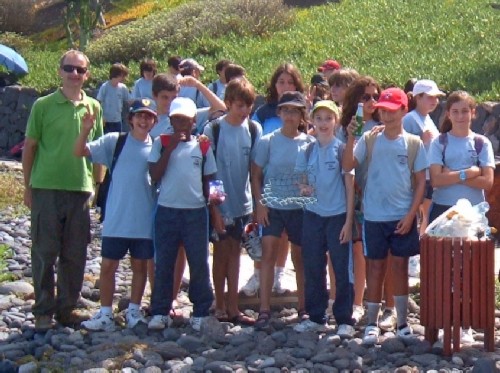
One of the Dirtiest Beaches in the World - Hawaii
Barranco end
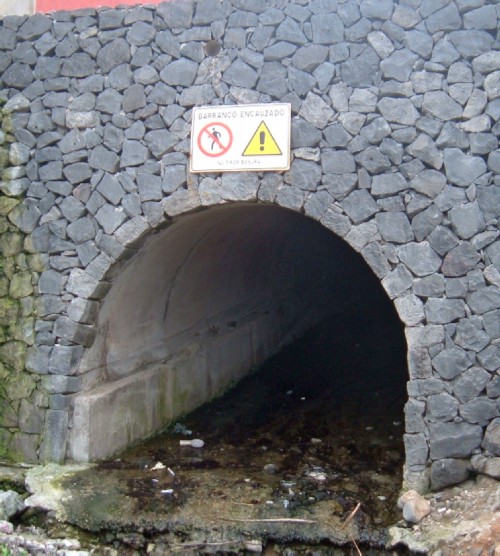
How the plastic gets on the beach
The children learned about how the plastic gets in the oceans and on to the beaches. It was explained that not all of it is being caused by people who live on Tenerife because a lot of it has washed in by ocean currents and could have come from very far away.
A ravine, or barranco as they are known here, ended on one of the beaches and it was easy to see how a lot of plastic has been washed down this in the past. The children were told how when there are big storms these ravines fill with water that ends up in the sea. Any litter or other rubbish gets carried by the water too. Some of it gets stranded on the beach itself but most of it goes out into the ocean.
The ravine in question had a sign saying not to throw rubbish in it but obviously many people ignore this higher on up. Plastic bags can be carried by the wind and can easily end up in ravine flooded with water.
Copyright © 2011 Steve Andrews. All Rights Reserved.
British School Tenerife
- British School of Tenerife - Home
British School Tenerife
David de Rothschild links
- David Mayer de Rothschild has a new fansite on Facebook
- The Plastiki Expedition
The Plastiki, a boat made from 12,500 Plastic bottles, sailing from San Francisco to Sydney on a mission to showcase waste as a resource and highlight plastic pollution. - MYOO | The community that believes in the power of stories and adventure to drive social and environ
The community that believes in the power of stories and adventure to drive social and environmental change.
